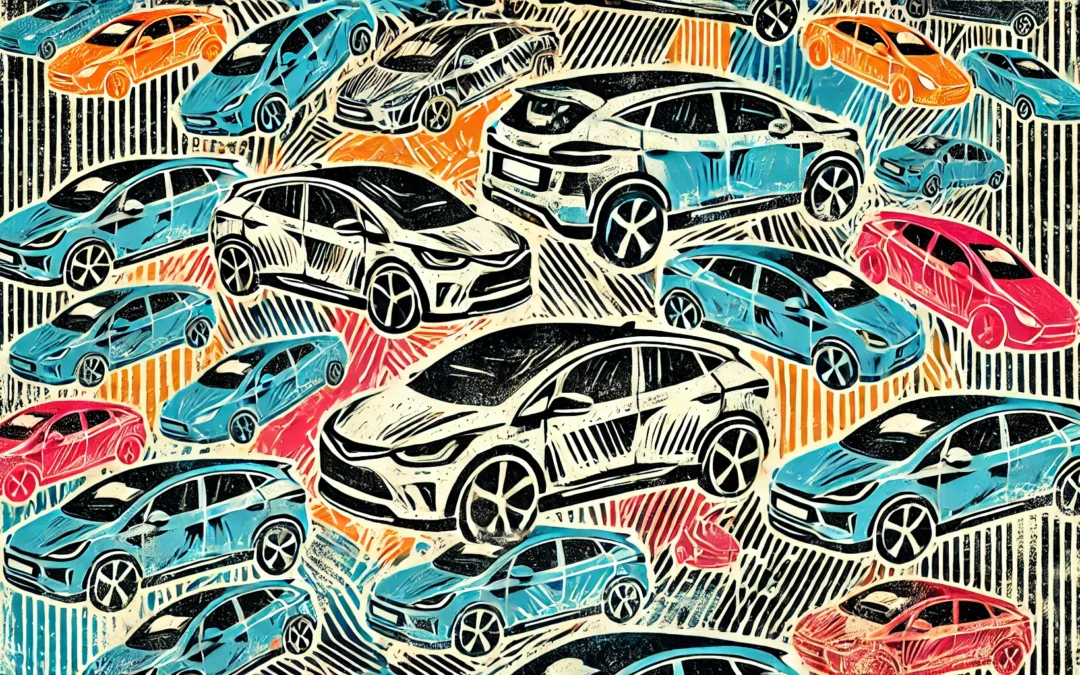It’s fair to say that the current global automotive outlook is unpredictable at best.
A whole range of factors are conspiring, and at times, it seems like we’re in the midst of a perfect storm.
The urgent need to cut damaging CO2 emissions is at the heart of the car conundrum, but geopolitics, domestic issues such as the cost of living crisis, and even climate denial, are destabilising an industry which changed relatively little over its first century.
The UK’s ambitious target to ban sales of new ICE cars by 2030 has already been dropped in favour of the EU’s 2035.
Even that date could come under pressure as the clock ticks down. Just last year, the EU bowed to a last-minute campaign by Germany to exempt vehicles that run exclusively on e-fuels (or electrofuels) in 2035 – a developing technology that combines hydrogen and carbon dioxide to produce synthetic fuels.
Right now motorists are faced with a barrage of mixed messages, myths, misinformation and blatant anti-EV propaganda.
Every day seems to bring a new scare story in sections of the national press. A quick scan down the associated comments from readers often reveals alarming ignorance about electric and hybrid cars.
Meanwhile, big names are rowing back on earlier commitments to go fully electric. Just last month, Volvo abandoned its ambitious target to sell only EVs by 2030 amid the global slowdown in sales of electric vehicles.
Ever since Elon Musk shook up the complacent automotive industry with the launch of the Tesla Model S in 2012, legacy brands have struggled to rise to the challenge.
Now just as they seem to be finally getting up to speed, China has emerged as their greatest threat.
China is the world’s largest manufacturer of EVs and its car makers have quickly gained a significant share of the global market. Critics claim state subsidies for Chinese EV manufacturers are unfairly undercutting rivals.
In May, the US said it would quadruple its tariffs on imports of Chinese EVs to 100%. That was followed by the EU, which announced plans to impose tariffs on China-made EVs of up to 35.3% – on top of existing duties of 10%.
Potholes may be the single biggest issue affecting motorists in the UK currently, according to polling, but how the battle for EV supremacy pans out in the next decade will determine the long-term future for car drivers.
The simple fact is that sales of EVs won’t overtake combustion-engined vehicles unless the higher upfront cost is reduced, the price of electricity is more competitive, the charging infrastructure improves and there are more incentives for buyers.
Gareth Herincx / Chairman
RECENT POSTS
From the Chair: January 2025
A message from our ChairmanHello again – hope you are all well. I just want to give you a quick update on this year’s…
How the Western Group helps the car industry celebrate its successes
Did you know that two of our members are judges in two of the most prestigious awards panels? Last week I was honoured to…
Continue Reading How the Western Group helps the car industry celebrate its successes
A ‘Sunday Sleepover’ to kick off 2025
A group of us met up for a post-Christmas bash at Stanton Manor Hotel near Chippenham on Sunday, January 12. It’s always lovely to…




